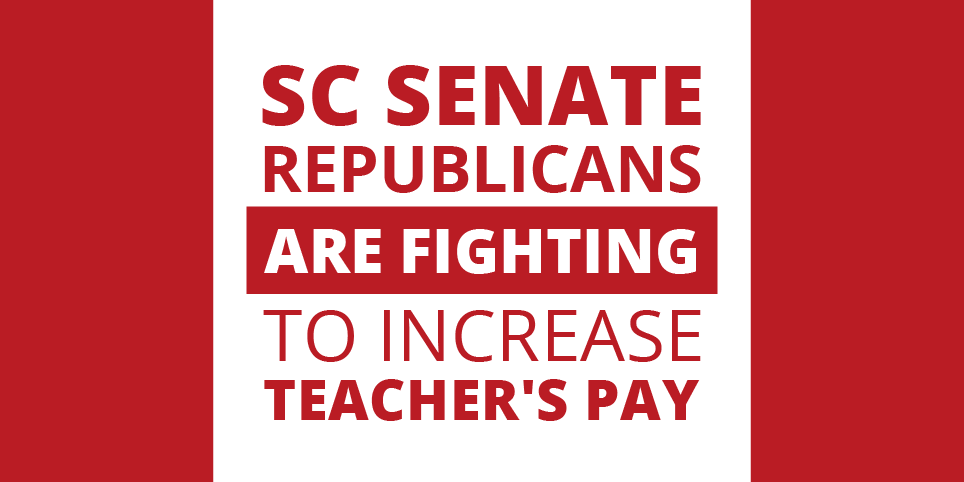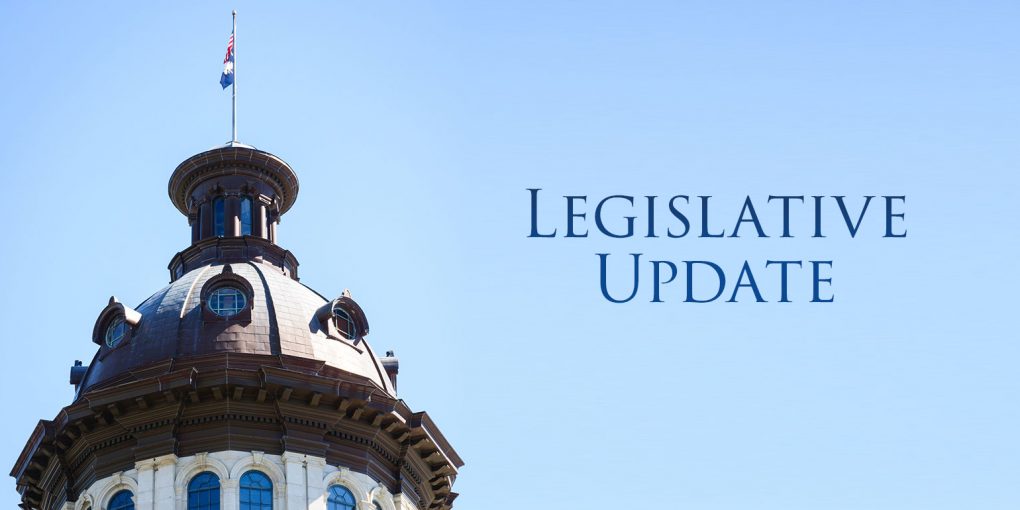Across the state, South Carolina’s teachers are speaking up — and The Senate Republicans are listening. Republican Senators are fighting to both increase teachers’ pay and pass the SC Career Opportunity and Access For All Act. Introduced as Senate Bill 419, this bill is a crucial education reform package designed to improve our classrooms by giving teachers the resources and respect they deserve.
The SC Career Opportunity and Access For All Act will:
- Give more scholarships for future teachers
- Cover certification costs for new teachers
- Guarantee a duty free lunch period for elementary teachers
- Increase reimbursements for classroom supplies to $550
- Reduce burdensome and unnecessary paperwork
- Expand state-funded four-year-old kindergarten to every school district in South Carolina
Despite the opposition’s effort to obstruct and delay progress in the senate, the Republicans have moved the bill forward after nearly eight weeks of debate. The SC Senate Republicans are committed to passing this reform and continuing their advocacy for teachers and students in South Carolina.



